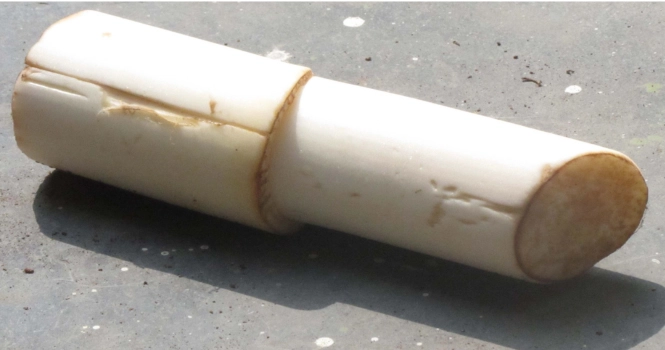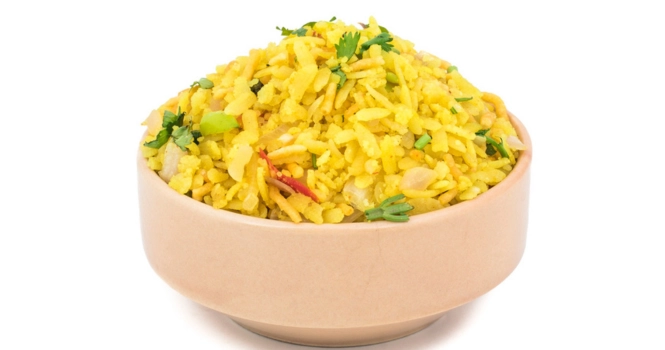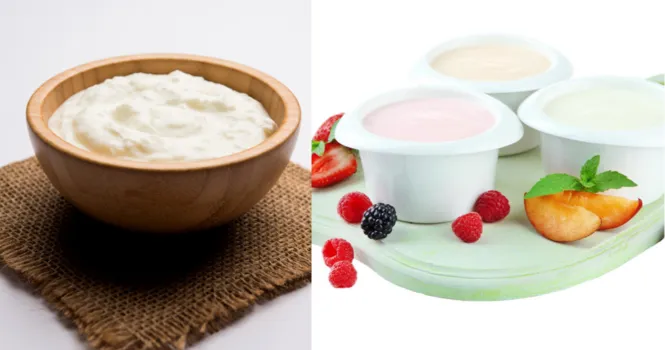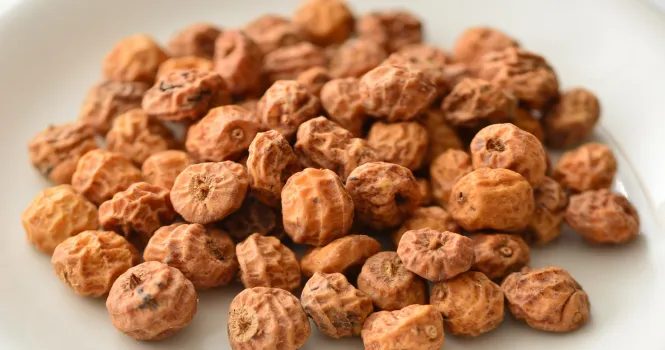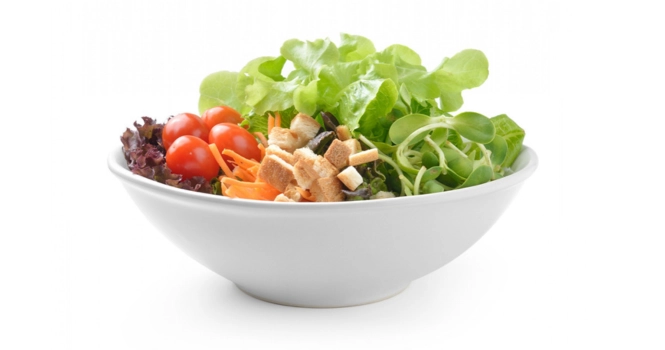The Impact of Paneer on Cholesterol Levels
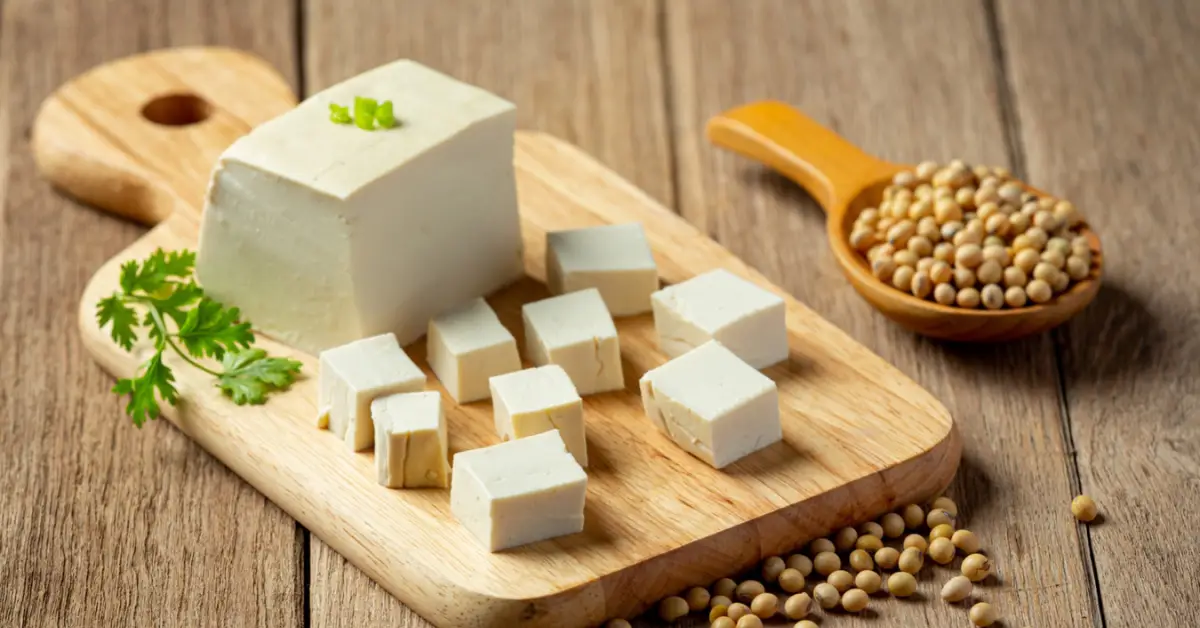
Paneer, a staple in Indian cuisine, is cherished for its versatility and rich, creamy texture.
Made from curdling milk and straining the curds, paneer is a type of fresh cheese that has found its way into numerous dishes, from savory curries to sweet desserts.
However, as with many dairy products, there’s a common concern about its impact on cholesterol levels.
Understanding Cholesterol
Cholesterol is a waxy substance found in your blood, essential for building healthy cells. However, high levels of cholesterol can increase the risk of heart disease. It’s important to differentiate between ‘good’ HDL (High-Density Lipoprotein) cholesterol, which is beneficial for the body, and ‘bad’ LDL (Low-Density Lipoprotein) cholesterol, which can lead to heart problems.
Paneer and Its Nutritional Profile
Paneer is a good source of protein, especially for vegetarians, offering a complete amino acid profile. It’s also rich in calcium, phosphorus, and vitamins, making it beneficial for bone health.
However, being a dairy product, paneer contains saturated fats, which have been traditionally linked to higher cholesterol levels. The key, however, lies in the amount and frequency of consumption.
The Impact of Paneer on Cholesterol
Moderate Consumption
Moderation is crucial when it comes to consuming paneer. A diet that includes paneer in moderate amounts, considering the individual’s overall dietary fat intake, does not necessarily lead to increased cholesterol levels.
The high protein content can be particularly beneficial, contributing to satiety and aiding in weight management, which indirectly supports heart health.
Type of Milk Used
The cholesterol impact of paneer also significantly depends on the type of milk used.
Paneer made from full-fat milk will have higher levels of saturated fat compared to paneer made from low-fat or skimmed milk.
Opting for paneer made from low-fat milk can be a healthier choice for those concerned about cholesterol.
Cooking Method Matters
The way paneer is prepared can also influence its healthfulness. Dishes where paneer is grilled, baked, or cooked with minimal oil are healthier compared to paneer fried or prepared in heavy, creamy gravies.
The addition of vegetables and using heart-healthy cooking oils can enhance the nutritional profile of paneer dishes.
Research Insights
Studies on dairy consumption and cholesterol levels have shown mixed results, with some suggesting that dairy products like paneer might not significantly impact the risk of cardiovascular diseases.
The presence of conjugated linoleic acid (CLA) in paneer is thought to have potential health benefits, including anti-atherogenic effects, although more research is needed in this area.
Paneer in a Balanced Diet
Incorporating paneer into a balanced diet that includes a variety of fruits, vegetables, whole grains, and lean proteins can mitigate potential health risks.
It’s also advisable to monitor portion sizes and overall saturated fat intake from all food sources, not just paneer.
The question of whether paneer increases cholesterol does not have a straightforward answer, as it largely depends on individual dietary patterns, the quantity of paneer consumed, and the preparation method.
Paneer, when consumed in moderation and as part of a balanced diet, can be a nutritious addition without necessarily leading to increased cholesterol levels.
As always, individuals with specific health concerns should consult with healthcare professionals for personalized dietary advice.
👉 Wondering how paneer affects thyroid health? Find out if paneer is good for thyroid in our detailed guide.



